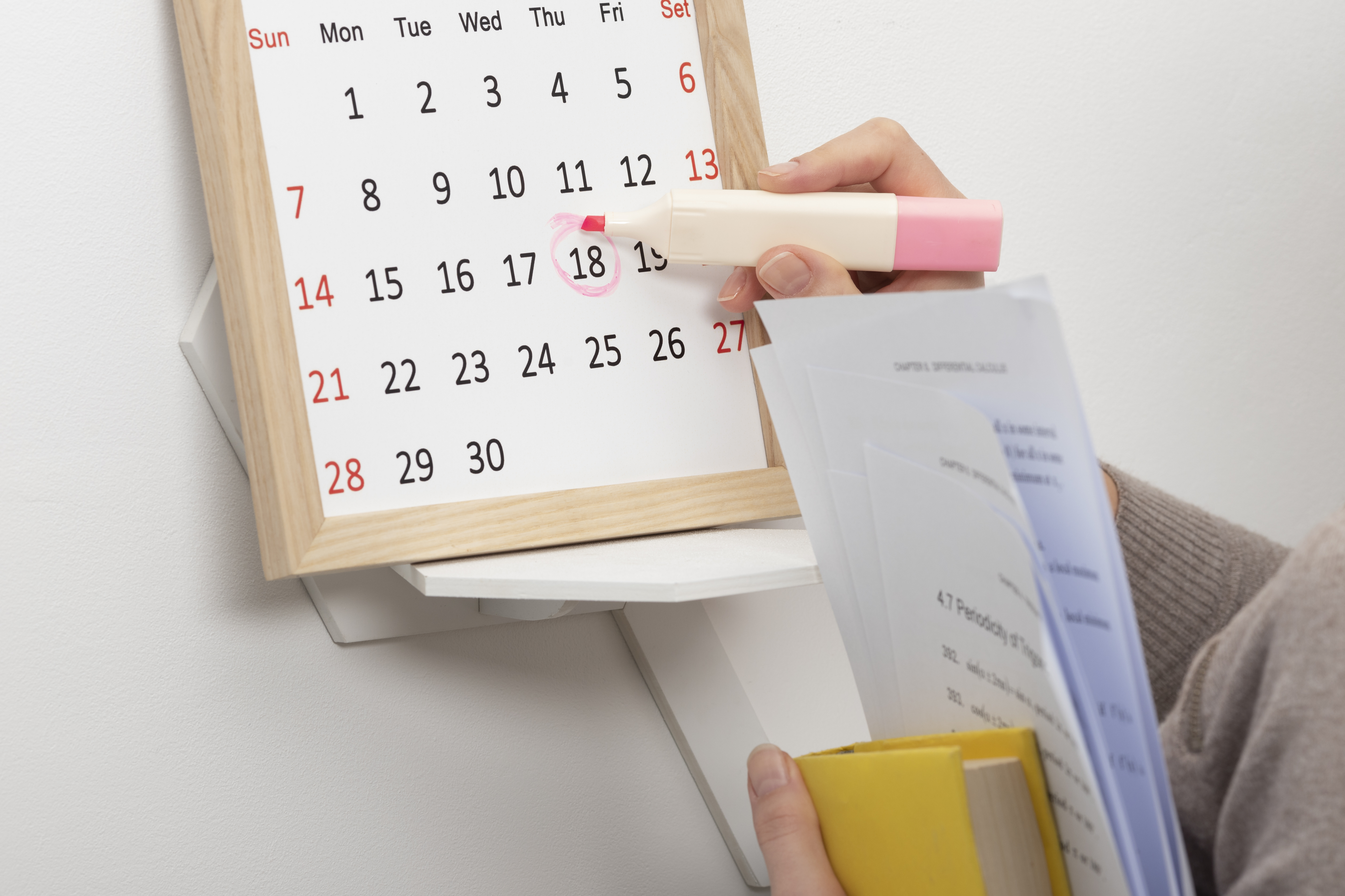
Letting Agents and Property Maintenance Schedules
By Arthur Grant | March 31, 2025
Introduction
Effective property maintenance is essential for protecting a landlord’s investment and ensuring tenant satisfaction. A well-structured maintenance schedule helps prevent costly repairs, ensures compliance with legal requirements, and keeps the property in top condition. Letting agents play a crucial role in organising and managing these schedules on behalf of landlords.
In this guide, we’ll explore how letting agents create and oversee property maintenance schedules, their key responsibilities, and the benefits of professional management.

Table of Contents
- Understanding Property Maintenance Schedules
- Routine vs. Reactive Maintenance
- Key Responsibilities of Letting Agents in Property Maintenance
- Legal Compliance and Safety Checks
- Seasonal Property Maintenance Tasks
- Benefits of a Structured Maintenance Schedule
- Frequently Asked Questions (FAQs)
- Next Steps
Understanding Property Maintenance Schedules
A property maintenance schedule is a structured plan that outlines regular inspections, preventative maintenance tasks, and necessary repairs. It helps landlords avoid unexpected issues and ensures compliance with legal standards. Letting agents assist landlords in developing these schedules by considering factors such as property type, location, and tenant occupancy.
Routine vs. Reactive Maintenance
Routine Maintenance
Routine maintenance includes scheduled tasks that help keep the property in good condition and prevent major issues. These tasks often include:
- Regular property inspections
- Servicing boilers and heating systems
- Checking plumbing for leaks
- Inspecting electrical installations
- Cleaning gutters and drainage systems
Reactive Maintenance
Reactive maintenance involves responding to issues reported by tenants or discovered during inspections. This includes:
- Fixing plumbing leaks or blockages
- Repairing damaged fixtures or fittings
- Addressing electrical faults
- Managing pest control issues
Key Responsibilities of Letting Agents in Property Maintenance
Letting agents play a central role in organising and overseeing property maintenance, ensuring landlords remain compliant and tenants enjoy a well-maintained living space. Their key responsibilities include:
- Scheduling regular inspections and servicing
- Coordinating with approved contractors for repairs
- Maintaining detailed records of maintenance activities
- Ensuring compliance with health and safety regulations
- Communicating maintenance schedules with landlords and tenants
Legal Compliance and Safety Checks
UK landlords must comply with various safety regulations to ensure their rental properties remain legally sound. Letting agents help landlords stay compliant by:
- Arranging Gas Safety Certificates (CP12) annually
- Conducting electrical safety checks (EICR) every five years
- Ensuring smoke and carbon monoxide alarms are installed and functional
- Carrying out fire risk assessments, especially for HMO properties
Seasonal Property Maintenance Tasks
Different seasons bring unique maintenance challenges. Letting agents ensure properties are prepared for seasonal changes by implementing the following:
- Spring: Checking exterior paintwork, servicing air conditioning units, inspecting roof and guttering
- Summer: Inspecting gardens, maintaining outdoor plumbing, checking pest control measures
- Autumn: Clearing gutters, checking insulation, servicing heating systems before winter
- Winter: Ensuring pipes are insulated, checking heating systems regularly, preventing damp and mould issues

Benefits of a Structured Maintenance Schedule
A structured maintenance schedule benefits both landlords and tenants in several ways:
- Reduces costly repairs by preventing major issues
- Ensures legal compliance with safety regulations
- Improves tenant satisfaction by maintaining property quality
- Enhances property value through regular upkeep
- Provides financial predictability by budgeting for maintenance costs
Frequently Asked Questions (FAQs)
How often should a rental property be inspected? Most letting agents conduct property inspections every 3 to 6 months, depending on the tenancy agreement and landlord preferences.
Who is responsible for maintenance costs? Landlords typically cover maintenance costs, except for tenant-caused damages, which tenants may be liable for.
What happens if urgent repairs are needed? Letting agents coordinate emergency repairs immediately and inform landlords of the necessary actions and costs.
Can landlords choose their own contractors? Yes, landlords can specify preferred contractors, but letting agents usually have a network of vetted professionals to handle repairs efficiently.
How can landlords ensure maintenance costs remain manageable? Working with a letting agent who secures competitive quotes and implements preventative maintenance strategies helps control costs.
Next Steps
A well-structured maintenance schedule ensures a property remains in top condition while reducing unexpected repair costs. If you're a landlord looking for expert property maintenance services, FindLettingAgents.co.uk can connect you with professional letting agents who will manage all aspects of your property’s upkeep.
Learn more about property management: Property Management by Letting Agents
Find expert letting agents near you: FindLettingAgents.co.uk
Promoted listings on findlettingagents.co.uk are paid advertisements. Businesses pay a fee to be prominently displayed. Our standard listings remain impartial and are ranked based on relevance to your search criteria.
If you'd like to have your business featured, please contact us for more information.